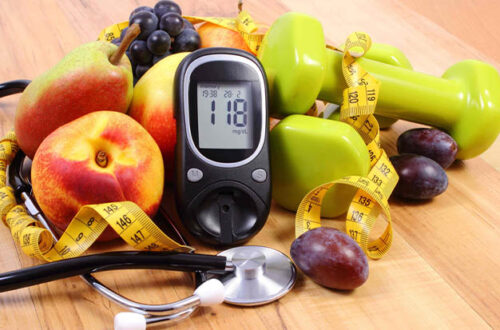
Can I Drink Water After Wisdom Teeth Removal – Teeth Care
There are a variety of circumstances in which teeth may need to be pulled, even though this is typically only done as a last resort. A tooth that is impacted and endangering nearby healthy teeth could be the cause.
After having your wisdom teeth removed, we advise you to keep up a soft diet and drink lots of liquids. A blood clot may dissolve prematurely if you drink hot liquids.
It’s important to remember that there are certain dos and don’ts that you should adhere to after having a tooth extracted, regardless of the circumstances. So without further ado, let’s dive in and take a closer look…
How Long After Tooth Extraction Can I Drink?

After one or two hours, you can just drink regular water, but you need to wait at least a week after tooth extraction if you want to drink soda, an acidic beverage, or alcohol. In the manual for aftercare after tooth extraction, it is expressly forbidden. If the water is too cold or hot to drink, not even a simple glass of water will be acceptable.
Read More: What to Do Before Wisdom Teeth Removal
When Can I Drink Out of a Straw After Tooth Extraction?
Typically, for the first 24 to 48 hours following a tooth extraction, you should refrain from any suction-related activities. You must wait 48 hours after tooth extraction before drinking from a straw because doing so increases the risk of losing the blood clot, which could result in a dry socket.
Can I Drink Plenty of Water?
Drink a lot of water because staying hydrated is crucial for any recovery process once the blood clot has formed after about an hour. To prevent disturbing the freshly formed blood clot, take care not to swish the liquid around in your mouth too much. Also, avoid drinking through a straw.
You can also create a light saline solution by combining a little water and salt after tooth extraction. Then, gently sweep the area with this, but don’t spit. Allow any extra water to naturally fall out of your mouth and into the sink instead.
Maintain Oral Care Once Recommended

Good oral health requires maintaining good oral hygiene practices. After wisdom teeth extraction, it becomes even more crucial. However, oral hygiene after oral surgery is a little different from what you typically do. See our advice below.
- Brushing: The night after surgery, some dentists permit very light brushing, while others advise waiting a day. As soon as you are pain-free, try to resume regular brushing. Brushing close to the extraction site should be done gently.
- Mouth Rinse*: Following wisdom tooth extraction, avoid using your regular mouthwash. You can rinse with warm saltwater the day after your procedure. After each meal or 3-5 times per day, perform this.
- Flossing: The day following surgery, you can resume flossing, but once more, take extra care around the areas where your teeth were extracted.
Following wisdom tooth removal, dry sockets may develop if water or toothpaste is forced out of the mouth. To avoid interfering with the formation of blood clots, let liquids naturally fall from your mouth and into the sink.
Conclusion
After having your wisdom teeth removed, you should wait several hours before eating. To stay hydrated, you must consume a lot of water. Warm broths, liquid diet supplements, and low-acid juices are acceptable drinks to consume.
Include soft, non-chewing foods the following day. Scrambled eggs and other foods can be added on the third day. At the end of the week, you can add solid foods, but watch out for anything that is overly spicy.

FAQs
How Soon After Tooth Extraction Can I Drink Water?
After one or two hours, you can just drink regular water, but you need to wait at least a week after tooth extraction if you want to drink soda, an acidic beverage, or alcohol.
Can You Go in the Water After Wisdom Teeth Removal?
For at least a week—and longer if you’re still in pain or your jaw is stiff—avoid strenuous activity. Skip two weeks of swimming.
Is It Okay to Drink Cold Water After Tooth Extraction?
Following surgery, you should drink ice cold water in addition to placing ice packs on your face and cheeks. Ice not only lessens swelling, but the coldness also effectively eases pain. Your affected mouth area becomes numb as a result.





Average Rating